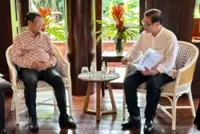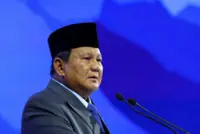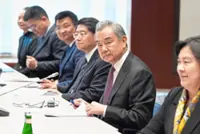WHEN Chinese President Xi Jinping returned to Malaysia recently for a state visit after more than a decade, it must have been a nostalgic moment for the leader, as much has changed for him, Malaysia, and China in the past 12 years.
Nostalgia often invokes positive emotions, offering a sense of continuity, meaning, and connection. I believe Xi felt this with Malaysia during his recent visit, and it was evident in his opening remarks at a bilateral meeting with Prime Minister Datuk Seri Anwar Ibrahim.





